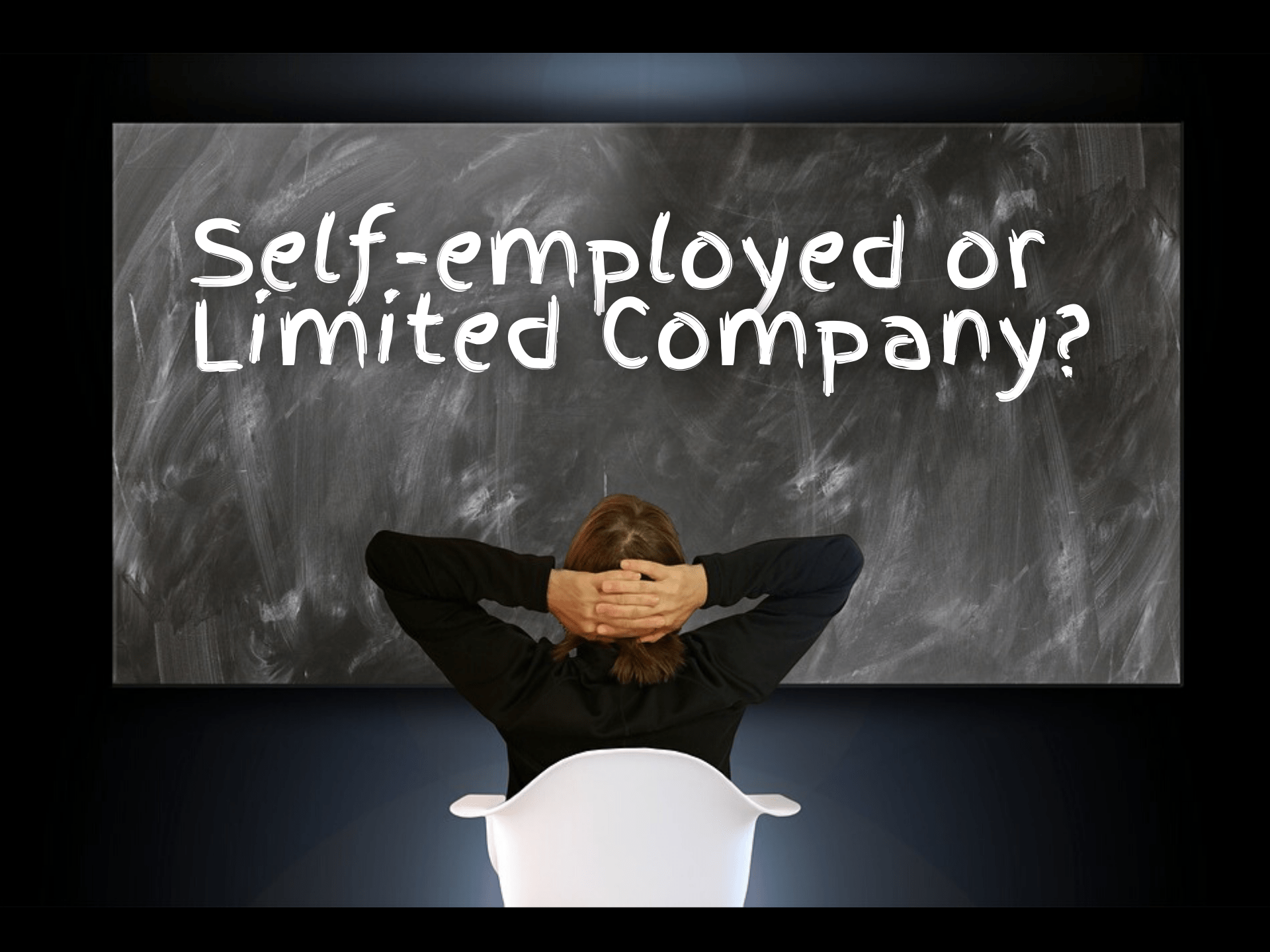There are many formal ways to create a new business in the United Kingdom, such as partnerships, sole traders or limited companies. However, the vast majority of small business owners operate as self-employed, also called sole traders, or via their own limited company. There are many differences between the two most popular types of business structure, so it’s significantly important to consider the following points when assessing which business structure is more suitable for you.
Ownership
A sole proprietor is the simplest structure that is usually owned by a single person who is wholly responsible and liable for all operations of the business. This type of business is easy and simpler to incorporate and does not involve complex legal paperwork. You do need to register with HMRC, which you can usually do with a phone call or online. Registering with HMRC as self-employed and filing your annual self-assessment tax returns is mandatory regardless of either you work full-time or part-time. If you need help with your registration as self-employed or with filing your tax returns, please click here for help. As a sole trader, you are also held personally liable if things go wrong, such as your business owing money, or you facing a legal claim from a client or employee.
In contrast, in limited liability companies, the liability of the operations of the business are limited to the company itself. If your company goes bankrupt or owes money to lenders, you will not have to pay back out of your own personal money or assets (unless fraud or other breaches have taken place). The liability of company directors is therefore limited, and hence the term ‘limited liability company’. All limited companies are registered with Companies House where at least a director needs to be appointed. You must ensure that you file the company accounts on time and that you keep the registrar of companies informed of any changes to your company. Click here to register your company for only £90.
Taxes
For the tax purposes, self-employment is initially lucrative at the growing stages of the business due to the low tax rate and the availability of the personal allowance to set off profits. In case the business grows, the tax rates will rapidly increase and will become non-beneficial. Apart from Income tax paid, a sole trader also needs to make Class 2 & Class 4 National Insurance Contributions if income exceeds £6,475 per year (2020).
Limited companies pay Corporation Tax on all annual profits where the company directors are taxed personally on the income they receive from the company. Dividend tax is levied on any dividends received from the company, and income tax and Class 1 Employees are payable on any salaries paid by the company. The company itself must also pay Class 1 Employers’ NICs on salaries it pays to employees.
Liability
One of the main advantages of limited liability company is its own legal entity. This means that in case of the worst happening to your business (and it wasn’t due to illegal activities of any of the directors), the business losses do not transfer to you as a business owner. The company goes bankrupt, not the business owner. On the other hand, limited companies demand more complex legal and reporting requirements.
In case of self-employment, the business owner remains liable for the debts raised by the business. This means business debts could become personal debts if you are not careful. Your business’s creditors could pursue you personally to recover outstanding loans. If worst comes to worst, you may be forced to apply for bankruptcy to protect yourself from creditors, or a creditor may apply to make you bankrupt. On the other hand, the administrative burden and the bureaucracy associated with running a sole trading business are much lower. There is less paperwork and no requirement to file annual accounts.
If you would like advice on which form your business should take or if you need help with setting up a Limited Company, please get in touch. Here at 247 Finance Advice we can help with the many decisions you need to make when setting up a business. You can contact us via email at info@financial247.co.uk or on the phone +44 20 8095 1000.


